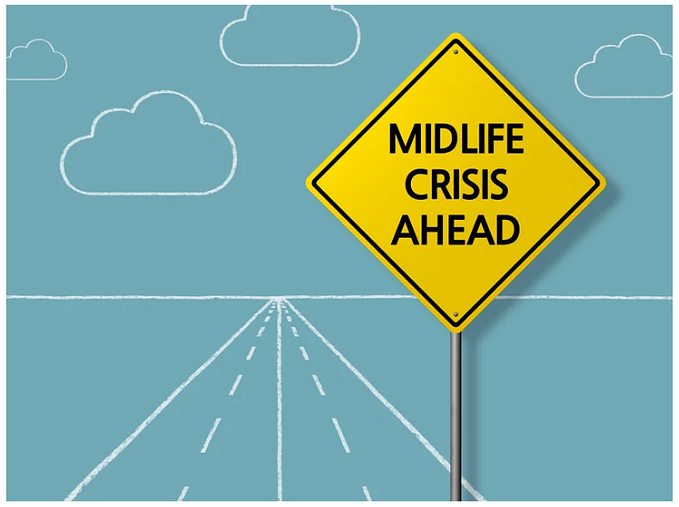
Member-only story
The Nuance
What Alcohol Does to a Stressed-Out Brain
The relationship between alcohol and stress relief is a lot more complicated than conventional wisdom holds
In mid-March, when the reality of Covid-19 was setting in across the United States, alcohol sales soared. According to figures quoted by Bloomberg News, beer and wine sales surged 32% and 47%, respectively. Sales of hard liquor and cocktail mixes rose even more. Facing the prospect of extended stay-at-home restrictions, it seems that many Americans were in a hurry to stock their home bars and liquor cabinets.
This was a surprise to no one. Hard times call for hard drinks, as almost every down-and-out film hero can attest. And Hollywood tropes aside, the belief that alcohol can help a person “unwind” or “take the edge off” is a common one in the United States and Europe.
“There’s a widespread assumption that alcohol reduces stress,” says Michael Sayette, PhD, an alcohol researcher and professor of psychology and psychiatry at the University of Pittsburgh. He says the average consumer believes this, and so do many doctors, according to clinician surveys. He also says the notion that alcohol “calms the nerves” is an ancient one. In some of his work, Sayette quotes the Greek poet Alcaeus, who wrote, “We must not let our spirits give way… Best of all defenses is to mix plenty of wine, and drink it.”
These old and persistent beliefs have some truth behind them. “Alcohol is an anesthetic,” meaning it dulls pain, says Rajita Sinha, PhD, founding director of the Yale School of Medicine Stress Center. “And physiologically, alcohol affects the body’s stress pathway in a very potent way.” She explains that alcohol can in some cases blunt the brain and body’s response to a stressful event.
Alcohol can facilitate the action of GABA, and this may partly explain why a drink at the end of a frantic day can calm anxious thoughts.
A 2011 study in the journal Alcoholism found that, immediately following a public-speaking task, the blood levels of the stress hormone cortisol tend to spike. But when people in the study were given the…







